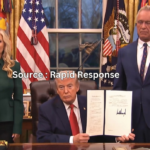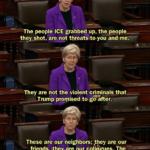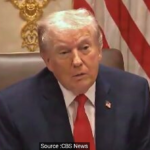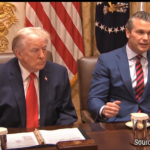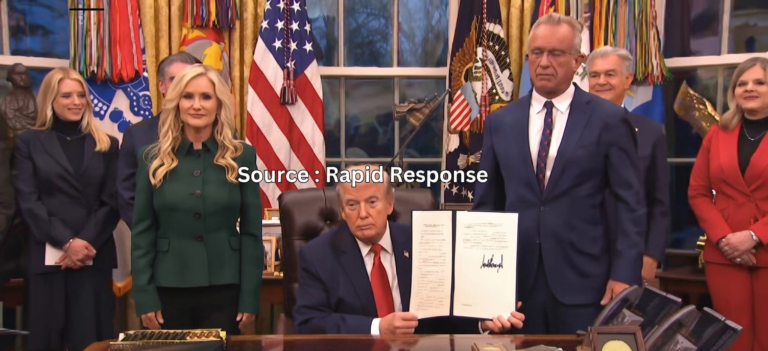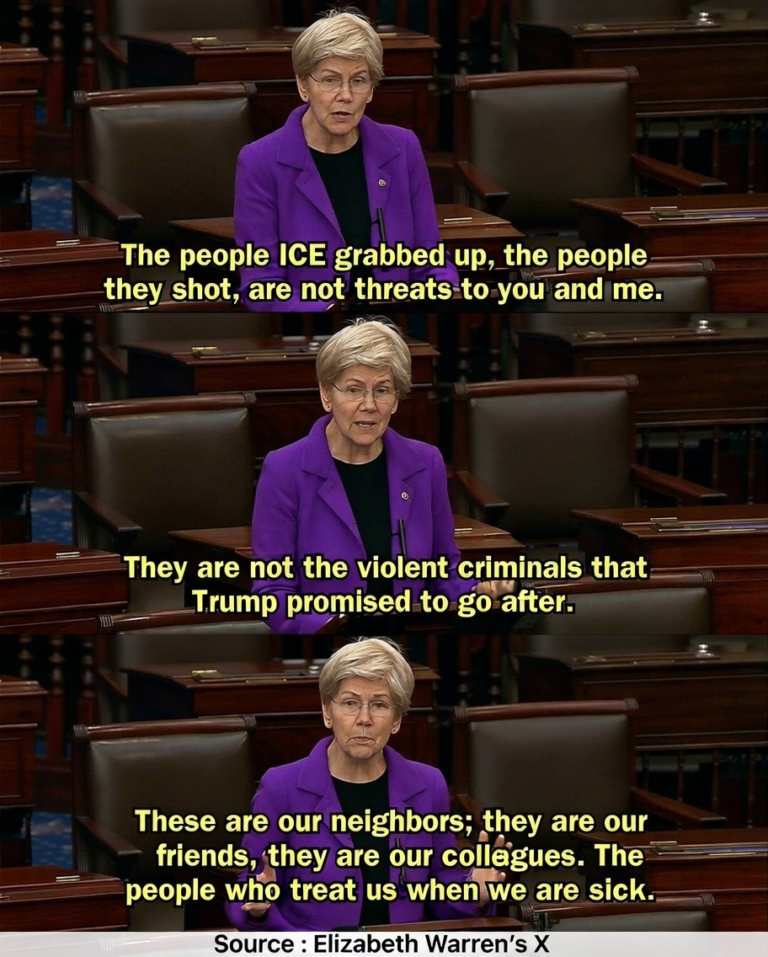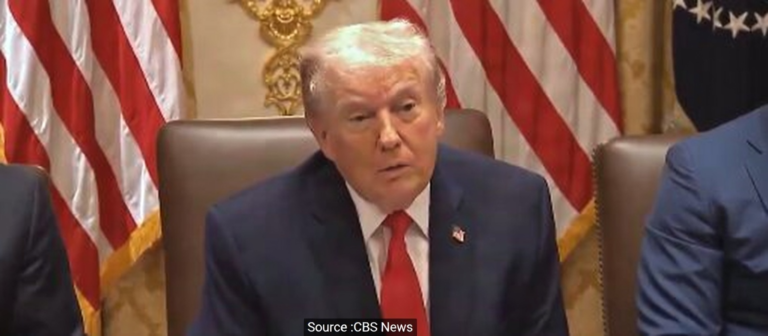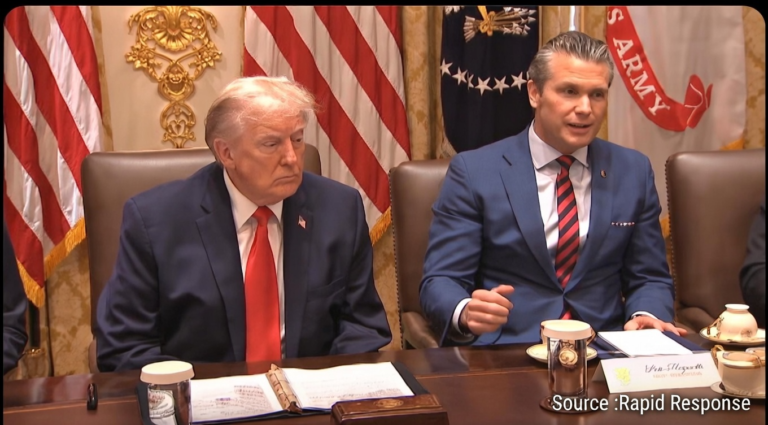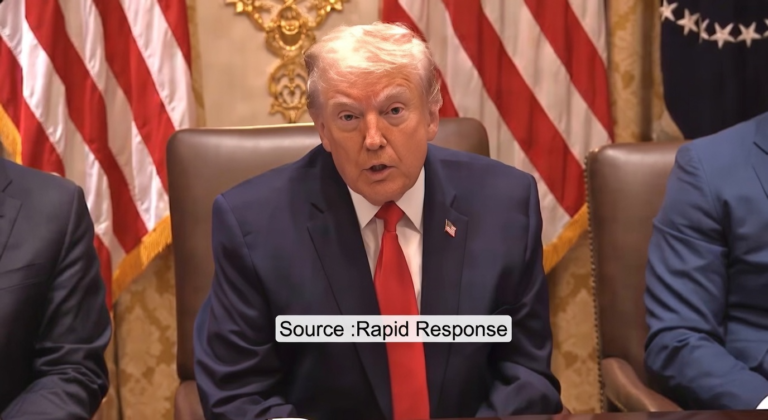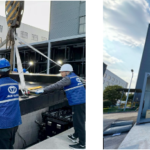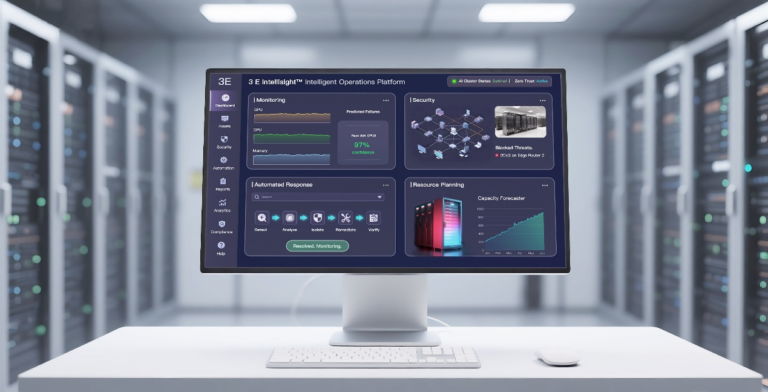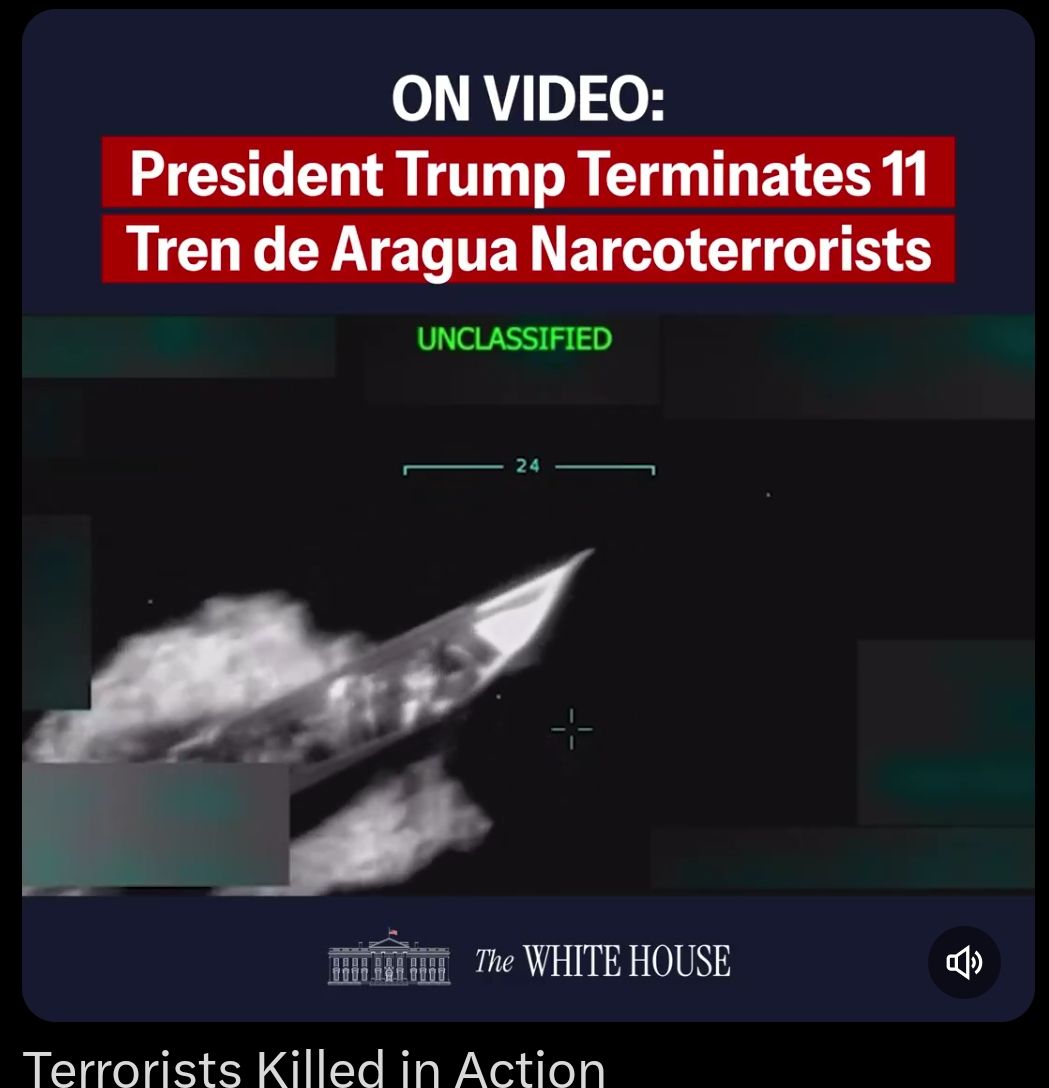
WASHINGTON D.C, Sept 2, 2025 — The Venezuelan criminal syndicate Tren de Aragua, which originated in a notorious prison a decade ago, has drawn intensified scrutiny from U.S. authorities, culminating in its designation as a foreign terrorist organization and a series of high-profile arrests and indictments.
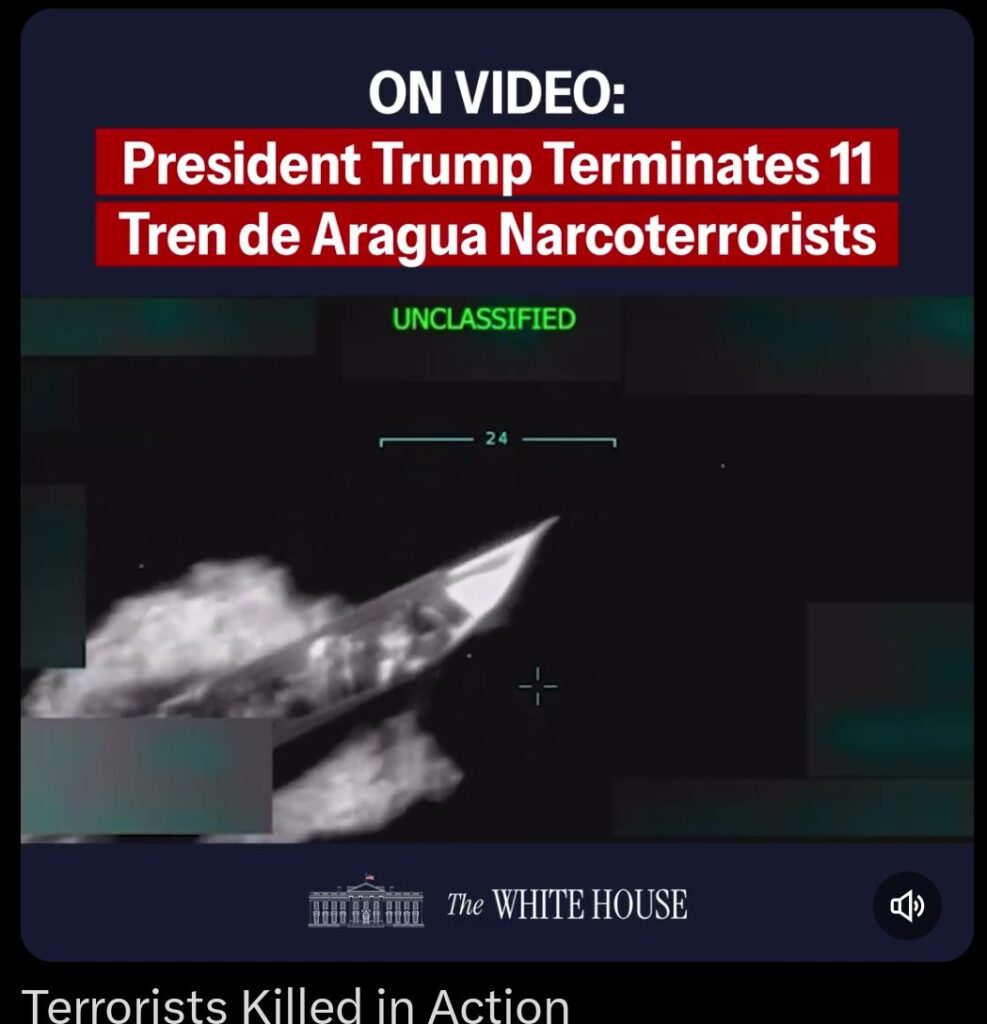
The gang, known as Tren de Aragua, first emerged in 2014 from Venezuela’s Tocorón prison, where it initially focused on extortion and bribery within the facility. Under the leadership of Héctor Rusthenford Guerrero Flores, alias Niño Guerrero, the group expanded its operations to encompass drug trafficking, human smuggling, and murder across Latin America.
By 2024, Tren de Aragua had established cells in several U.S. cities, including New York, Chicago, and Denver, where it has been linked to apartment takeovers, prostitution rings, and organized retail theft. This expansion prompted swift responses from state and federal officials.
In September 2024, Texas Governor Greg Abbott designated the group as a terrorist organization, a move that enabled state-level sanctions and bolstered law enforcement capabilities. The U.S. Treasury Department followed suit in July 2024, sanctioning Tren de Aragua as a transnational criminal organization, which froze its assets and prohibited financial dealings with the group.
The federal government’s actions escalated further under President Trump, who issued an executive order on January 20, 2025, labeling Tren de Aragua and other cartels as foreign terrorist organizations to unlock potential military options. In February 2025, the State Department formalized the foreign terrorist organization (FTO) designation, citing the gang’s alleged ties to Venezuelan leader Nicolás Maduro’s regime.
These designations have facilitated aggressive enforcement efforts. In March 2025, the Department of Homeland Security arrested 68 Tren de Aragua members in a single week as part of accelerated deportations under the new terrorist classifications. The Justice Department indicted 27 affiliates in April 2025 on charges including racketeering, drug trafficking, and sex trafficking across multiple states. More recently, in August 2025, another 30 members faced federal charges in Colorado for drug distribution, firearms offenses, and contract killings.
Venezuela’s government has vehemently rejected the FTO label, accusing the United States of using it as a pretext for potential regime change efforts. Critics of the U.S. approach argue that classifying criminal gangs as terrorists risks blurring the lines between law enforcement and military operations in the Western Hemisphere.
As of September 2025, U.S. officials continue to monitor the gang’s activities, emphasizing the need for international cooperation to dismantle its networks. The White House has not commented on specific future operations but reiterated its commitment to border security and combating transnational crime.

